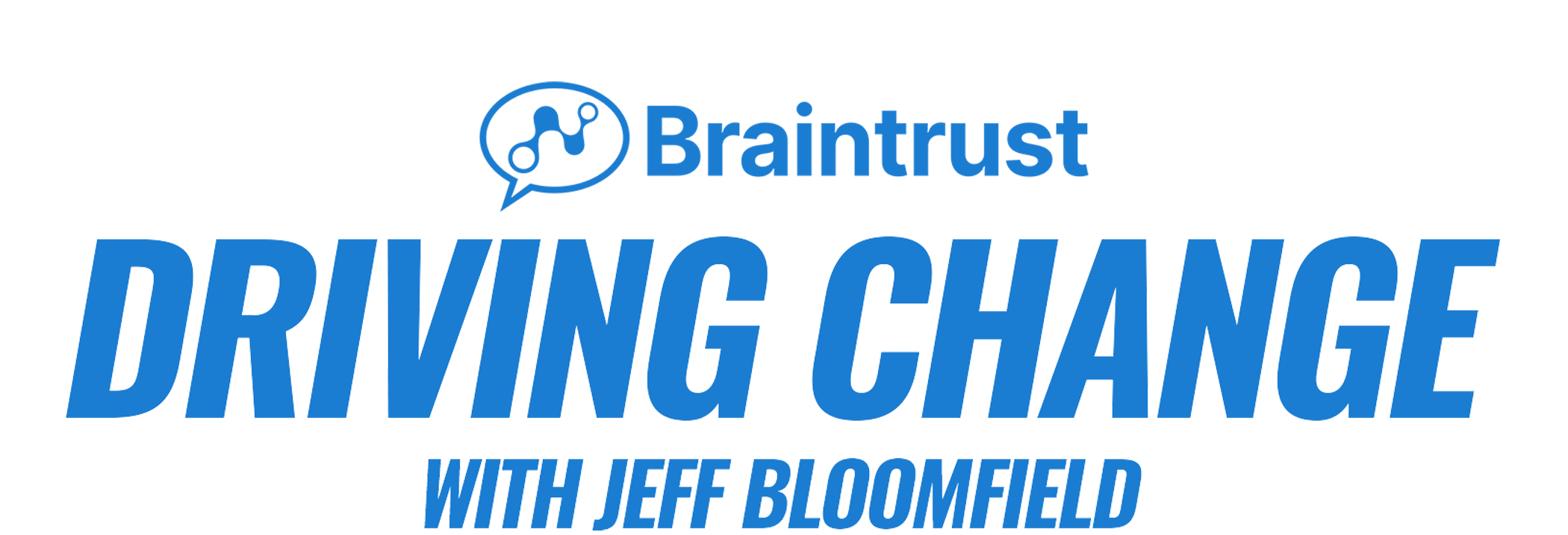A few days ago, I talked to a client, and we discussed the frenzying pace of…
- the fourth quarter
- the election
- COVID-19
- working from home
- kids at school
- the holiday season with family and friends
In all of our lives, there is a crazy contrast between chaos and isolation. I was reminded of the Stockdale Paradox about prevailing in the face of a crisis in the book Good to Great by Jim Collins.
“You must never confuse faith that you will prevail in the end – which you can never afford to lose – with the discipline to confront the most brutal facts of your current reality.” – James Stockdale
After our conversation, I started to think about the impact of social isolation and our relationships in 2020. We have all just lived through a year of chaos and crisis and it has demonstrated the importance of relationships and the negative impact of being isolated. It doesn’t take long for social isolation to lead to disconnection, disconnection to loneliness, and loneliness to adverse outcomes like depression.
According to the Anxiety and Depression Association of America (ADAA), 264 million people worldwide live with depression. According to the National Institute of Mental Health, over 17 million adults age 18 or older in the U.S. experienced at least one major depressive episode in the last year. The fall and winter season is upon us, and more of our friends, family, and colleagues will be impacted by isolation, anxiety, and depression.
After reflecting on this blog, I dug into the definition of “loneliness” and “social isolation.” Loneliness is defined as the subjective feeling of being alone, while social isolation describes an objective state of individuals’ social environment and interactional patterns (Hwang, Rabheru, Peisah, Reichman, & Ikeda, 2020).
According to the CDC, social isolation and poor social relationships (characterized by social isolation or loneliness) increased serious health outcomes such as heart disease and stroke risk. Social isolation also increases a person’s risk of premature death from all causes, a risk that may rival those of smoking, obesity, and physical inactivity. Loneliness is also associated with higher depression rates, anxiety, and suicide (National Academies of Sciences & Medicine, 2020). So, what are we to do?
I was recently reading the book The Longevity Plan by Dr. John Day. In the chapter on Build Your Place in a Positive Community, I was introduced to some research by Julianne Holt-Lunstad of Brigham Young University, who describes our growing disconnection from one another as a health epidemic. And yes, this was before the pandemic of 2020 (Holt-Lunstad, Smith, Baker, Harris, & Stephenson, 2015). In a recent YouTube post, Julianne describes the importance of “perceptions of support.” There are protective effects on both our emotional well-being and physical health.
As leaders and coaches, the people around us will downplay the impact of loneliness and depression so we need to have empathy for our people, and take the time to find ways of engagement even if it is socially distanced. As Dr. Day says in his book, “I often tell my patients that the best way to cure loneliness is to cure someone else’s. After all, when two isolated people are together, they’re no longer isolated.”
As we finish the year, I’m encouraging myself and you to find three ways to support your friends, family, and co-workers. Others have to perceive that we are here for them. How can you help people feel more connected even when we continue to be isolated? What can you do in November to show your support to others?
Here are a few simple tips:
- Send someone a note (hand-written)
- Leave someone a voicemail of support
- Call to just check-up and minimize any formal agenda
- Make the phone call that you haven’t made
- Forgive someone
- Thank someone for going above and beyond
- Connect someone with a book club, social club, or church group
Can you think of three people in your business or life that you want to show support for before we turn the calendar to 2021? Be the person that makes a difference for someone else. It just may be the best gift you can give someone this holiday season.
If you are struggling with loneliness or depression, check out the ADAA website, where you can be linked to a therapist directory.
References:
https://adaa.org/understanding-anxiety/depression
https://www.youtube.com/watch?v=PN6kzKlMRAw
https://www.youtube.com/watch?v=dZhNDYHw1vU&list=PLRAI_WnbL7Z3k-mmfjWk6Yn3b46JzbwkK
Holt-Lunstad, J., Smith, T. B., Baker, M., Harris, T., & Stephenson, D. (2015). Loneliness and social isolation as risk factors for mortality: a meta-analytic review. Perspectives on psychological science, 10(2), 227-237.
Hwang, T.-J., Rabheru, K., Peisah, C., Reichman, W., & Ikeda, M. (2020). Loneliness and Social Isolation during the COVID-19 Pandemic. International Psychogeriatrics, 1-15.
National Academies of Sciences, E., & Medicine. (2020). Social Isolation and Loneliness in Older Adults: Opportunities for the Health Care System.

